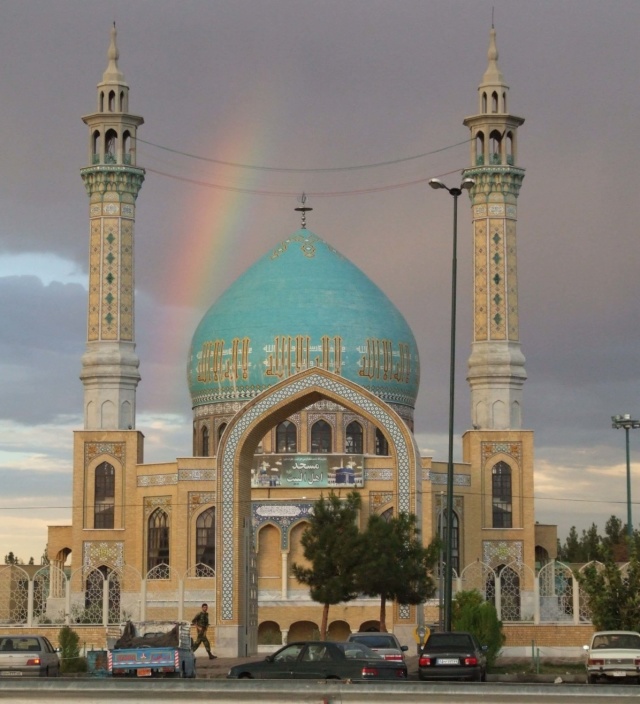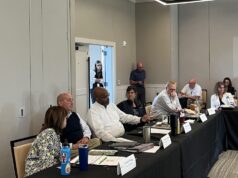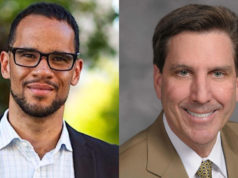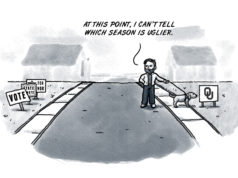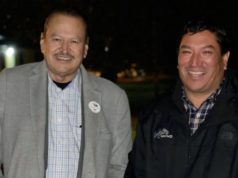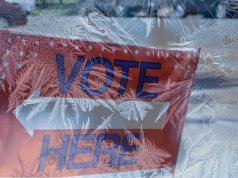As the world’s largest economy and most powerful nation, the United States is always an important player on the world stage. Thus, when the U.S. holds elections, the world pays attention.
Yet, when the presidential primaries begin in February, the most important election won’t take place in Iowa or New Hampshire. The most important votes won’t be cast in Nevada or South Carolina. The most important elections will take place in a country some Americans apparently can’t find on a map: Iran.
It’s barely been mentioned in coverage of the Iranian nuclear agreement, but there are two key elections taking place Feb. 26 in Iran: one to elect members of the Majlis (Iranian parliament), and the other to select the 84 members of the Assembly of Experts — the council that could select the nation’s next supreme leader.
Important election ‘a struggle for Iran’s soul’
Diplomats and press organizations like Foreign Policy have billed the elections as a struggle for Iran’s soul, partially because of the growing popularity of current President Hassan Rouhani and his Foreign Minister Mohammad Javad Zarif — relative pragmatists who rose to power on the promise of ending nuclear sanctions and liberalizing the economy.
So far, Rouhani has had to work with a parliament aligned mostly with hardliners like ex-President Mahmoud Ahmadinejad, but the hope among Western diplomats and Iranian dissidents, like journalist Akbar Ganji, is that Rouhani’s popularity during the coming elections will help elect more moderates to parliament, change the makeup of the Assembly of Experts, and usher in a new age of Iranian pragmatism.
Admittedly, it’s an awful lot to hope for given Iran’s past elections and given that Supreme Leader Ayatollah Ali Khamenei has significant influence in selecting eligible candidates. But there’s reason to believe the landscape has changed. The fits and starts seen with reform and revolutionary movements in Iran have taken place within a somewhat bipolar power structure. However, there are new elements in play, like the pragmatists who support Rouhani, as well as former president Akbar Hashemi Rafsanjani — who, according to Ganji, is seeking changes to the assembly:
“Akbar Hashemi Rafsanjani, the fourth president of Iran, and his inner circle also recognize the significance of the assembly elections. Although once partners, over the years Rafsanjani and Khamenei grew fiercely competitive. Rafasanjani and his circle will therefore try to field their own candidates through the iron walls of the Guardian Council. Hardliners, such as Ahmad Jannati, the ultra-conservative Secretary-General of the Council, have said repeatedly that that Rafsanjani will try to take control of the next assembly in order to either have himself elected as the next Supreme Leader, or at the very least, limit the extent of Khamenei’s influence.”
Rafsanjani argues that, regardless of the makeup of the assembly, he should at least be in a position to influence the selection of the next Supreme Leader. If not, he’s still confident that more moderate times are ahead.
“Regardless of whether or not I will be around, I am certain that the future of this revolution and the children of our nation will be one of moderation, and the extremists and hardliners will be isolated,” said Rafsanjani.
High stakes
To say that February’s elections in Iran are consequential doesn’t begin to cover the potential gains or losses. Win, and there’s at least hope that the moderate Iranian majority will finally push the country toward the international community. Lose, and there’s a serious risk that the hardliners could further entrench themselves, unwind the nuclear deal, and deepen regional tensions.
This also has the obvious potential to impact President Barack Obama’s foreign-policy legacy. Win, and Obama’s legacy could include a major foreign-policy victory that helps bring Iran into the fold. Lose, and it could set back relations for decades.
As always, the truth is likely somewhere in between.









